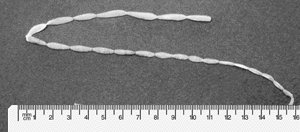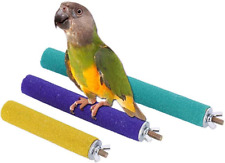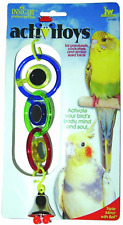Worms in Cats and Dogs – Prevention and Treatment

The most common worms in dogs and cats in the United States are the roundworm, tapeworm, whipworm, and hookworm – which live primarily in the animal’s intestine and the heartworm, which lives within the heart and in the blood vessels leading from the heart to the lungs.

In many cases, a pet owner will note the signs of worm infection, or it will be detected during a regular checkup when your veterinarian does a microscopic exam of your pet’s stool sample.
Heartworm detection requires a blood test. Your veterinarian can easily make a specific diagnosis and begin effective worm treatments that usually cause little discomfort to your pet. Heartworm treatment is an exception.
Minor worm infections can be of little significance, but nearly all these parasites will induce serious disease if present in overwhelming numbers. Many pets have various levels of immunity, or at least some resistance to many worm species. It is not unusual for a normal adult animal to have small populations of adult roundworms and hookworms, as well as resting larvae, in body tissues.
Common Symptoms of Worm Infection
Some of the common signs of worm infections are listed below, but these may also be symptoms of other illnesses.
- A change in your pet’s appetite.
- A distended abdomen in puppies or kittens
- Coughing of hiccuping resulting from the coughing up of worm larvae emerging from the lungs.
- Weight loss
- Weakness
- A dull coat
- Vomiting or diarrhea
- Observing the worms-either round worm, which looks like spaghetti, or tapeworm segments that look like grains of rice in the stool or on the fur.
- Exercise intolerance, due to heartworm.
Steps to Prevent Worm Infections
- Have your veterinarian screen your pet for worms twice a year – and more often if your pet is at high risk of a worm infection.
- Worm your pets only under a veterinarian’s guidance. The newer heartworm preventatives are also effectiveagainst some of the major intestinal parasites- round worm, hookworm, and whipworm, as well as heartworm.
- Control fleas, which can carry certain tapeworms. These tapeworms can be transmitted to pets or people who accidentally swallow an infected flea
- Prevent your pet from eating animal carcasses
- Maintain good hygiene. For instance, whipworm and roundworm eggs dropped to the soil in your pet’s feces can remain infectious for years, while hook worm larvae can accumulate in the earth.













